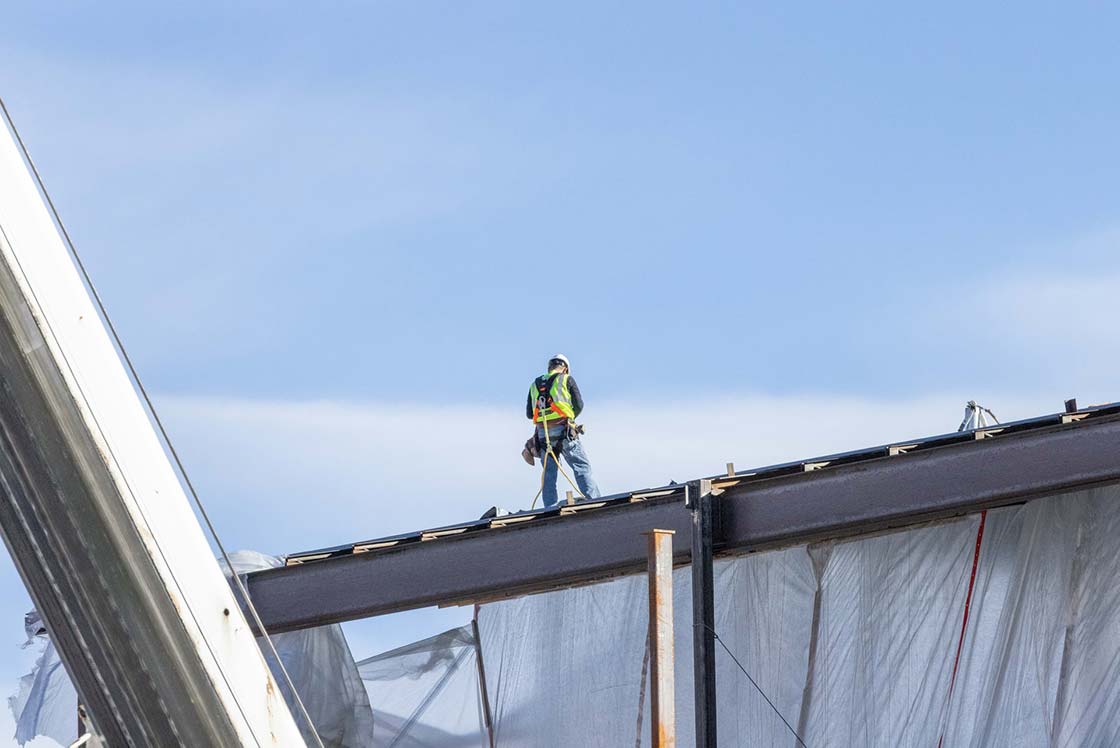Engineers are a group of professionals who are responsible for the design and construction of buildings and other structures. They take care of the structural integrity, durability, and aesthetic properties of a building.
There is a lot to know about civil engineering, but do you need it for your project? Civil engineers tend to be more focused on managed public works projects, such as streets or utilities. Structural engineers are often the experts you’ll meet if your project includes designing a bridge, building a new commercial building, or other large-scale construction work.
While your first instinct may be to think that a commercial building project requires a structural engineer due to it being… well, a structure, there are other considerations and professions with which this will also be beneficial.
The question is not as simple as it sounds. You might think that a bridge needs a civil engineer because it relates to the “ordinary citizens and their concerns” – but this is not true.
Many people find it difficult to differentiate between civil engineering and structural engineering. The easiest way to try to explain the distinction is that all structural engineers are civil engineers, but not all civil engineers are structural engineers. In this article, we’re going to discuss what similarities and differences between civil and structural engineers.
AREAS OF EXPERTISE
Civil engineers have a variety of duties and responsibilities depending on their work with projects that structural engineers might not be involved in. Structural engineering has a narrower scope, which includes disciplinary design, research, and development, construction, maintenance, and repair.
Civil Engineering covers the following areas:
- Urban Planning and Development
- Environmental Drafting
- Construction
- Water Resources Management
- Geotechnical Knowledge
- Transportation Expertise
- Material Handling
Structural engineers are specialized in the following areas:
- Designing and Planning major structures
- Construction of Bridges, Dam, etc.
- Design Disaster-Stricken Buildings
- Structures for a water treatment plant
Structural engineers are what we call the people who work on the materials and engineering of buildings. They help determine which material is most appropriate for a given situation, and they also design structures.
Structural materials come in all sorts of shapes and sizes. These usually depend on the requirements of the building and can include concrete, timber, steel, bricks, or even a combination of these.
Structural engineers are responsible for making sure that bridges don’t collapse and that they’re structurally sound while civil engineers ensure that when transportation planners plan ways to get through annual floods & stop traffic bottlenecks.
TYPES OF JOB
When it comes to civil engineers, often work in various locations. Sometimes they are working in a more stationary environment such as an office. Other times they are required to be onsite, monitoring operations or solving problems as needed.
A civil engineer is someone who ensures cohesiveness and efficiency within the construction industry. Civil engineers work on projects such as
- Buildings
- Bridges
- Sewage and Drainage Systems
- Railways
- Airports
- Roadways
- Dams
- Natural Gas supply lines
- Canals
- Water Pipelines
Structural engineers are in demand to oversee the materials and design of a structure. If there are any structural issues, they can be brought in to offer a solution.
While most structural engineers would also be considered civil engineers, they have the specialization needed to focus on the structural elements of projects, such as:
- Foundations
- Girders
- Beams
- Columns
- Trusses
- Rafters
- Shear walls
- Seismic Support systems
CIVIL Vs STRUCTURAL ENGINEER: WHICH ONE DO YOU NEED?
So, what do you need? The answer is that if you want the best possible result, it’s going to be a combination of both. Civil engineers and structural engineers work well together in order to provide a safe and consistently good-quality result.
Structural engineers carry out a large part of the design of buildings and bridges as well as making sure that they’re safe to use when built. Civil engineers are responsible for the construction process, including managing its risks.
For full-service engineering or consulting, contact our experts. One of them will reach out to discuss the details of your project and help you choose the engineers who would be best to work on it from start to finish.

